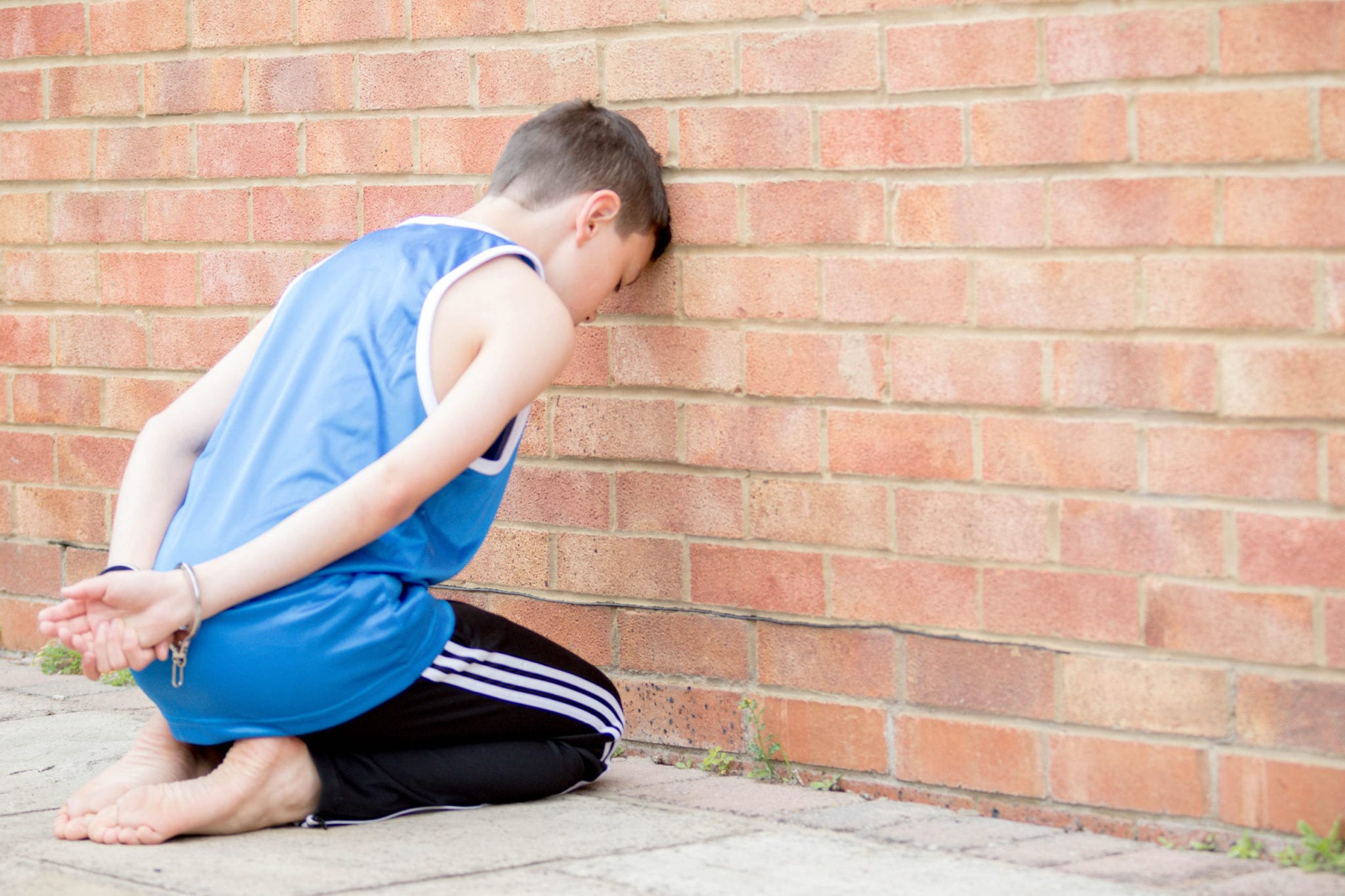
Why do Minnesota juveniles commit crimes? Ultimately, the main reason is that they do not yet think like adults. Their brains have not finished developing in important ways that can serve as a check on many of their worst impulses.
However, there are other reasons involved as well. In this post we’ll detail the various factors that can increase chances that a minor may decide to commit a crime.
Broken Family Background
Children from homes that are “broken” are susceptible to many different problems, including delinquent behaviors. Whether a minor is from a single parent home, a home with foster parents, an abusive home, or a home where neglect is occurring, family problems can affect the minor’s ability to handle emotions in a healthy way.
The minor’s family has a crucial role in helping him or her develop strong values and positive behaviors. When the family is broken, the minor will seek attention from others who may pull them in negative directions.
Parent Has a Criminal Record
If a minor’s parent has a criminal record and has not taken steps to overcome their negative behaviors, the minor is likely to follow in his or her parent’s path of crime.
Parent Has an Addiction
A parent who has a serious addiction to alcohol, drugs, or other behaviors can have a detrimental impact on their child. They might deal with the stress of the family situation by acting out in criminal ways.
Poor Communication Channels
Minors may spend a large amount of time with other people if they have problematic home lives. If they lose communication with their family members, they can struggle with trust issues and low self-esteem. They may try risky behaviors to develop a sense of confidence. If a minor’s peer friends shoplift, spray graffiti, use drugs, or vandalize property, the minor may choose to join in on those criminal activities.
Distorted Moral System
When parents fail to teach a minor how to make sound ethical and moral decisions, juvenile delinquency may result. Minors who have not received moral training do not have empathy for others, nor do they understand how to respect laws.
Low Socioeconomic Class
When a minor is financially disadvantaged, he or she may turn to stealing or selling drugs simply to have an income source. They also may be vulnerable to participating in sex trafficking for the same reason.
Peer Pressure
Minors want attention and affirmation. If they can’t get it from their family, many tend to seek it out more from their peers. If they fall in with the wrong crowd, they may choose to engage in criminal behavior rather than face rejection from their peer group.
Isolation
If a minor is isolated for most of the time, his or her thinking can become distorted and anti-social. He or she may not have the social pressure needed to encourage good choices. Criminal activity may result.
School Problems
Minors with low educational opportunities are also more likely to become involved in criminal activity. If the minor is disorganized and unproductive at school, the frustration from this lack of success can drive him or her to act out. Truancy can be a warning sign of school or other problems.
Substance Abuse
If a minor chooses to abuse controlled substances, his or her cognitive development can be stunted. They may be willing to take risks when under the influence of the substance, including stealing or selling drugs to support the habit. Other factors mentioned above can be exacerbated by substance abuse.
“Why?” Can Help a Juvenile Accused of Crimes in Minnesota
The bottom line is that if your minor child is arrested on a criminal charge, there may be a number of different arguments that can potentially be used to minimize the consequences they face and get them the help they need to make better decisions in the future and become a productive, law-abiding citizen as an adult.

How do you know which type of argument is most likely to help your child, though? That’s where an experienced Minnesota juvenile crime attorney comes in. We understand how the system works in our state and what to do to give your son or daughter the best chance at overcoming this hurdle and going on to have a successful future. Learn how we can help by reaching out now for a free initial consultation.
About the Author:
Christopher Keyser is a Minneapolis-based criminal and DWI defense attorney known for fighting aggressively for his clients and utilizing innovative tactics to get the most positive results. He has been featured in numerous media outlets due to the breadth and depth of his knowledge, and recognized as a Minnesota Super Lawyers Rising Star (2014–2015), a Top 100 Trial Lawyer (2013–2015), and a Top 40 Under 40 Attorney (2013–2015).





